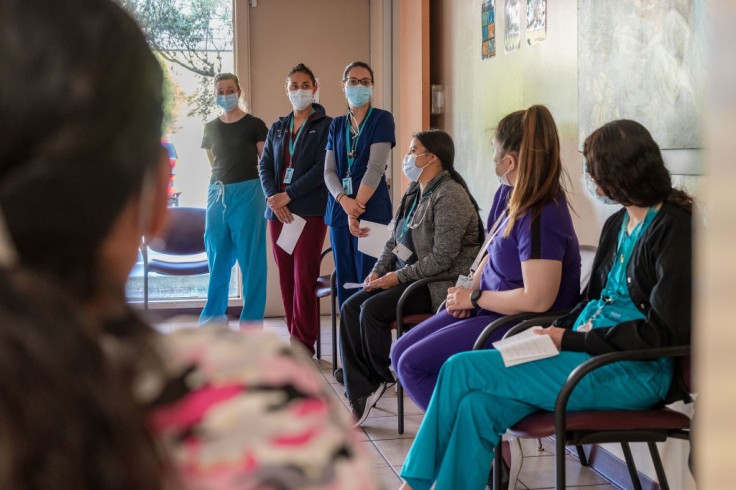
A young mom in Singapore was shocked that she was diagnosed with cervical cancer after having twins. Getting cervical cancer was the last thing she expected because she thought she was young and was at the prime of her life.
Tan Lee Lian was 36 when she was diagnosed with cervical cancer and had contracted human papillomavirus (HPV). Later, she realized that she had stopped doing regular check-ups and pap smears after giving birth. These check-ups are crucial in detecting HPV and cervical cancer.
Cleveland Clinic reports that 14,000 people are diagnosed with cervical cancer per year in the U.S.
Early detection
Tan would have never known that she had cancer until it was too late if she did not treat herself with a full-body health screening. When her pap smear yielded abnormal results, she was asked to see her gynecologist, who did several tests on her, including the HPV test.
Her doctor told her that she had contracted HPV and had cervical cancer.
Despite its early cancer stage, she said she had to undergo a radical hysterectomy, which removed her uterus and other parts of her reproductive system. The operation would make her unable to give birth.
She told The Strait Times that she remained in the hospital for four nights after the hysterectomy and had to use the catheter bag for about a week after she was discharged.
Tan has since then recovered, grateful that the cancer was detected early, allowing her to avoid chemotherapy and radiation treatment.
Read Also: Abbott and FDA Reach Consent Agreement to Reopen Baby Milk Formula Plant in Sturgis, Michigan
Cervical cancer awareness
Cervical cancer is a kind of cancer in the lower part of the uterus that connects to the vagina. Human papillomavirus (HPV), a sexually transmitted infection, causes these cancers to happen. The body's immune system can usually prevent HPV. However, the virus survives for years in some people, causing some cervical cells to develop into cancer cells.
Early stages of cervical cancer show no symptoms, but at its advanced stage, one may experience vaginal bleeding after intercourse, between periods, or after menopause. A watery, foul-smelling, bloody discharge may also be observed. Also, most people with the condition complain of pelvic pain during intercourse.
A person with multiple sexual partners has greater exposure to HPV and cervical cancer. However, all sexually active women are at risk of developing cervical cancer.
According to the Canadian Cancer Society, sexual activity exposes one to HPV. Women are also at higher risk of developing cervical cancer if their partners have multiple sexual partners.
Other risks include having a weakened immune system, smoking, and exposure to diethylstilbestrol (DES), a drug used to prevent miscarriage.
Tan admitted that she did not know much about cervical cancer before her diagnosis. She did not even know the purpose of a pap smear. She recalled that when she was in school in the 80s, they were not given much information about HPV and its link to cervical cancer or the vaccine meant for HPV.
In Singapore, cervical cancer is now taught in schools, and the HPV vaccine is offered to students to prevent cervical cancer.
Mayo Clinic recommends taking screening tests and getting a vaccine for HPV prevention to reduce the risks of getting cervical cancer.
Related Article: Mom in Nevada Donates Thousands of Ounces of Breast Milk as Demand for Milk Surged in Milk Banks